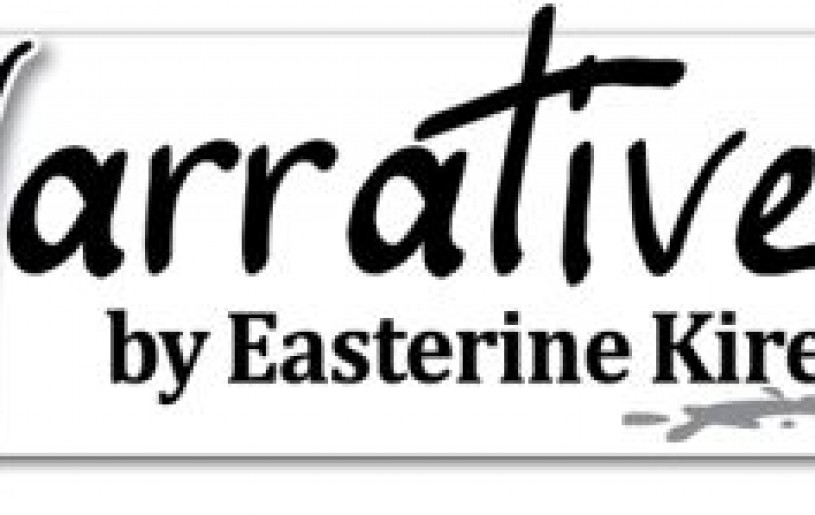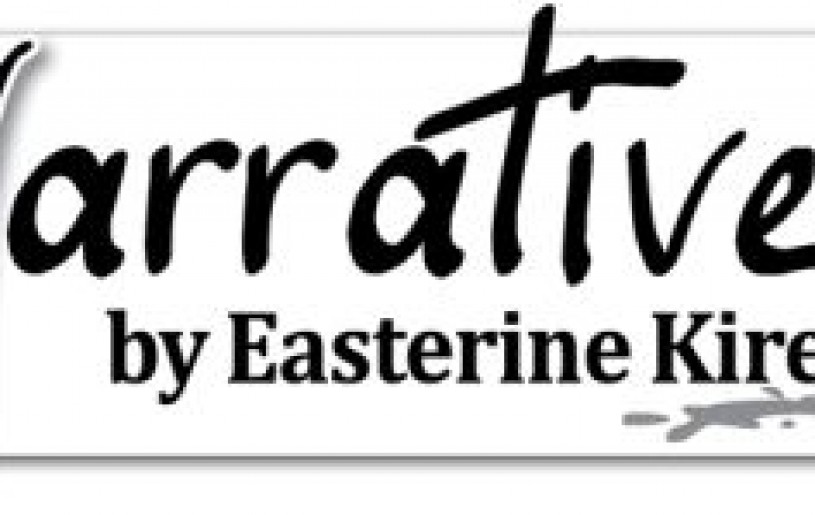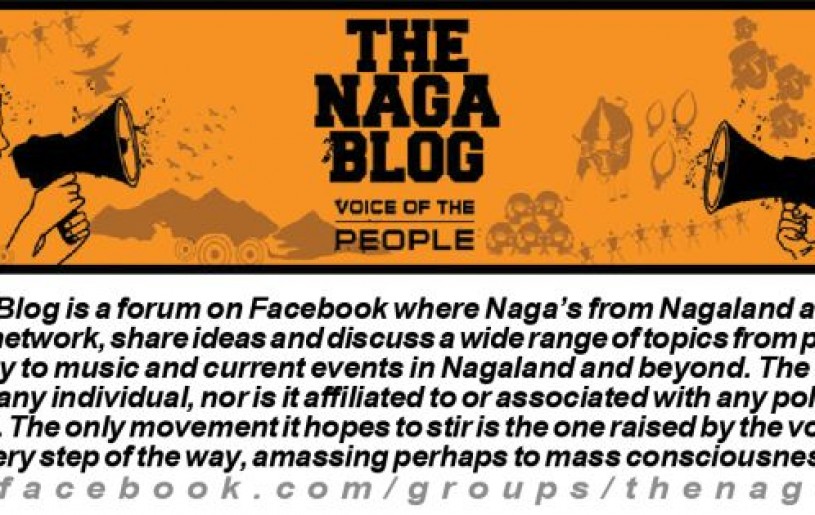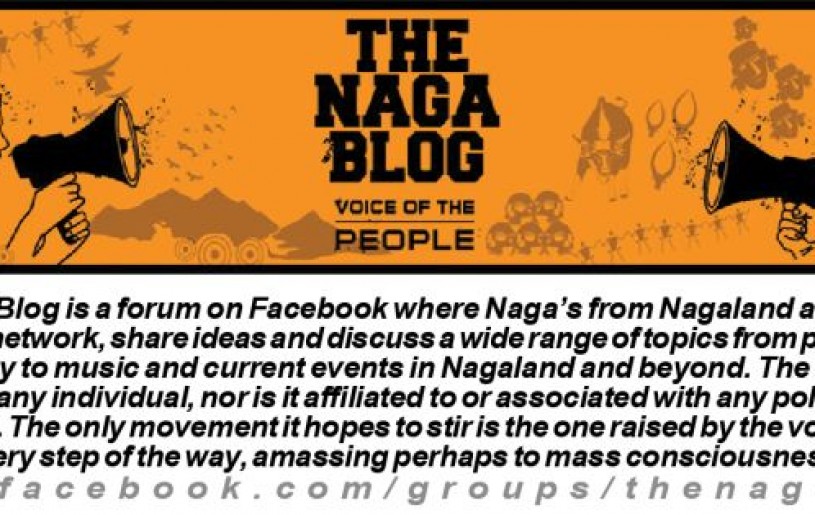
I finally got my birth certificate on Thursday. I thought it was worth celebrating. Now I could be considered officially born and registered and become part of the whole business of living. In his book, “A House for Mr Biswas” V.S.Naipaul has a character who sits by the wayside and calls out all day, “Birth certificate” to passers-by. He also procured other certificates depending on the customer’s need. When a woman with four young children walks by, he shouts louder and the family who dearly desire to have a legitimate identity quickly register their names with him, pay a sum of money and walk off with the precious papers. Migrant populations understand the importance of certificates and official identities much better than us natives. I hear that the underworld is quite cunning at forging these papers for illegal entrants. But for us ordinary citizens, it is a maze of seeking after other evidences of Naga identity in order to register for the birth certificate.
I asked my 85-year-old retired teacher mother why she had not bothered to register the births of her children. Mother’s answer was, “It was not required at that time.” Naga logic. Looking back in an effort to recall if any educational institution had ever demanded for a birth certificate, I find that I cannot think of any such incident. I clearly remember my first day at school. Mother knew the headmistress of the school. For her, it was just a matter of depositing me in her office, which was quite imposing for a four-year-old, and getting my name entered into the register. No mention of a BC. “Is this child number three or four?” the headmistress asked. Mother gave the necessary response, and that was it. The headmistress decided that my mother should go to work and leave me behind to attend classes. I was dismayed that Mother could take the headmistress at her word, and abandon me with a couple of sweets, oblivious to the fact that I wanted to bawl like all my other classmates were actively and consistently doing. But I could not, now that it was clear the headmistress was a friend of my mother and could report on my activities in the school. And that is the story of how I became a student of the school and remained there for the next ten years of my life. (Afterwards, the grown-ups asked if I had cried on my first day of school, and when I said I had not, they said what a good girl etc. But the feeling that either I had denied myself or others had denied me a good cry stayed with me a long time. I think children should be allowed to cry when they are scared. But we can talk about that another day).
None of our teachers ever asked us for a birth certificate, or pan card or adhaar card, not once. Even when we were going to sit our matriculation examination, all we had to do was to fill up some forms stating Father’s name and student’s date of birth. After that, the Matriculation certificate became our birth certificate. For people in my generation, it is proof of our official identity. It is laminated and kept carefully in the never-lose-these-papers box.
For late-comers to the birth certificate, an affidavit is mandatory, stating that indeed you were born into this world on a certain day of a certain year, at a particular place. To make things a bit more complicated than necessary, my grandfather’s house which was entered as place of birth, had gone down in the big landslide of 1974-75. So, I had to clarify to the official that the address no longer exists. Fortuitously, there was a permanent address box as well. All the historical details had to be submitted like who attended the birth, was it a hospital delivery, or a home delivery assisted by a certified practitioner or relatives and helpers. In all, it was a highly enlightening experience and I feel confident now that I could easily set up a little business, like Naipaul’s character selling BCs to those in need. Since there are quite a number in our generation lacking a BC, no doubt it might prove to be a profitable venture for a few weeks.





